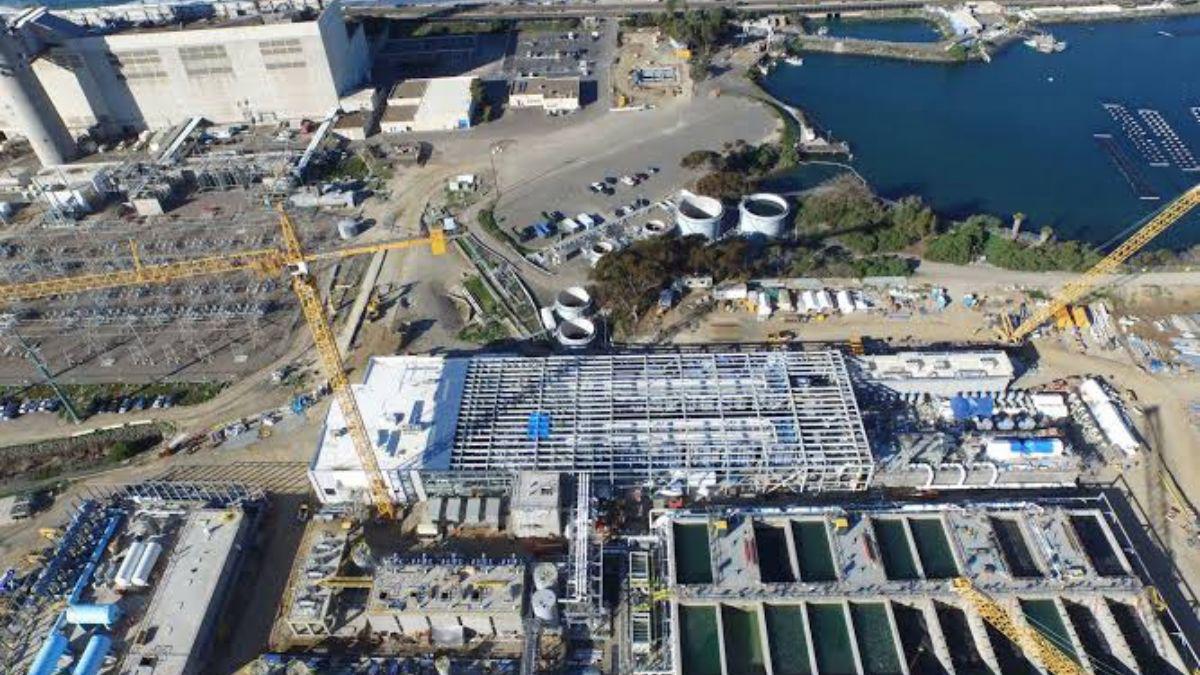Singapore has achieved a remarkable distinction, securing the top position in Yale University’s 2024 Environmental Performance Index (EPI) for providing safe and clean drinking water. This accolade highlights Singapore’s exceptional standards in sanitation and water management among 180 countries evaluated in the report.
According to the EPI, Singapore stands out for its universal access to safe sanitation and its advanced approach to wastewater treatment and reuse. The report emphasizes that the Singaporean government has successfully integrated wastewater recycling into its broader socioeconomic development and water security strategies. This integration has solidified Singapore’s leadership in ensuring safe drinking water, reflecting a score of 99.9 on the EPI scale—a near-perfect rating that underscores the nation’s commitment to public health.
The EPI ranking assesses the health risks associated with sanitation and water quality, focusing on the potential for bacterial contamination and its impact on public health, particularly diarrhoeal diseases. The score system reflects the loss of one year of full health, or disability-adjusted life years (DALYs), with 100 indicating minimal health loss and zero representing the highest.
Singapore’s impressive score surpasses that of other leading nations, including Italy and the UK, both of which scored 98.2, Switzerland at 98.0, and Germany at 97.9. In contrast, countries with the lowest scores, such as Madagascar, Niger, and Chad, face significant challenges related to safe drinking water and sanitation.
The report highlights that clean drinking water involves not only accessibility and availability but also quality, ensuring water is free from contamination, particularly by faecal matter. Adequate water sources are defined as those that are easily accessible and protected from contamination, including household connections, public standpipes, and protected wells.
In addition to water and sanitation, the EPI evaluates countries on ten other environmental metrics, including climate change mitigation and ecosystem vitality. Singapore’s overall ranking in the EPI is 44, reflecting varied performance across different environmental domains. Specifically, the country ranks 129th in marine habitat conservation, 96th in climate change efforts, and 65th in ecosystem vitality.
The report commends Singapore’s national water agency, PUB, for pioneering the automation of drinking water monitoring and early warning systems. This robust monitoring framework ensures the safety of Singapore’s tap water, though many residents still choose to boil their water as an additional precaution against potential contaminants.
This recognition not only underscores Singapore’s success in managing its water resources but also highlights the nation’s ongoing commitment to maintaining the highest standards in public health and environmental stewardship.

